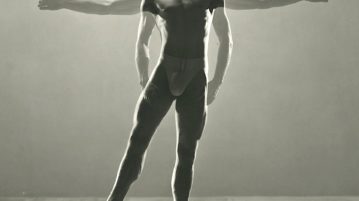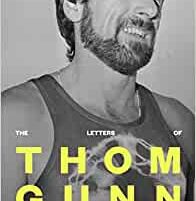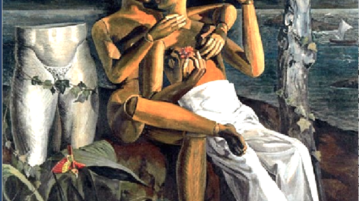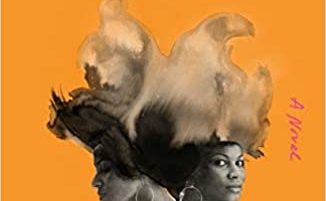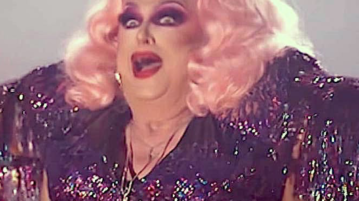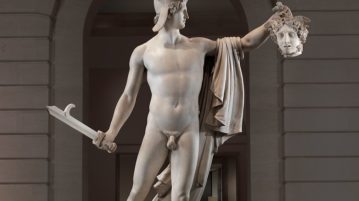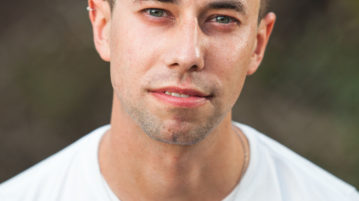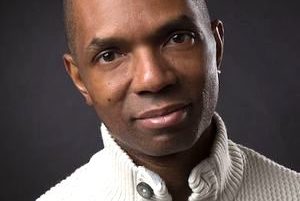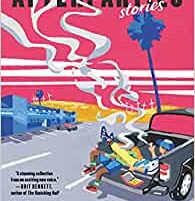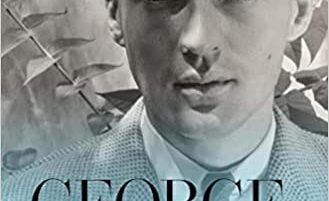
Can Serious Art Be Hot?
Although Lynes is usually mentioned in studies of queer Modernism, he is rarely placed in the same category as Paul Cadmus, Christopher Isherwood, or Tennessee Williams—all of whom Lynes knew and photographed. This may change with the publication of Allen Ellenzweig’s George Platt Lynes: The Daring Eye, a sumptuous biography that makes a compelling case for Lynes as an important actor in the history of queer representation.
More

